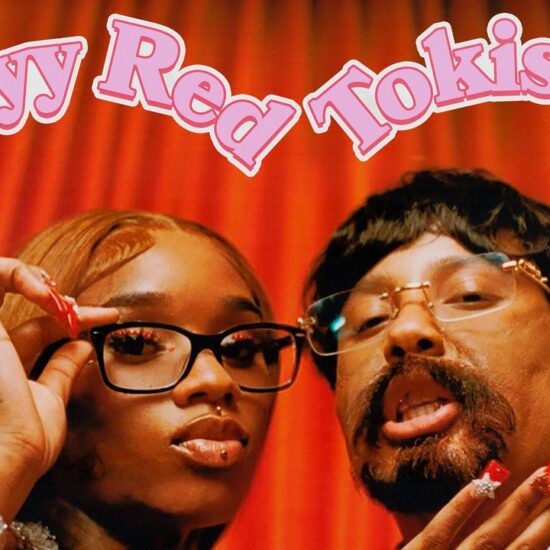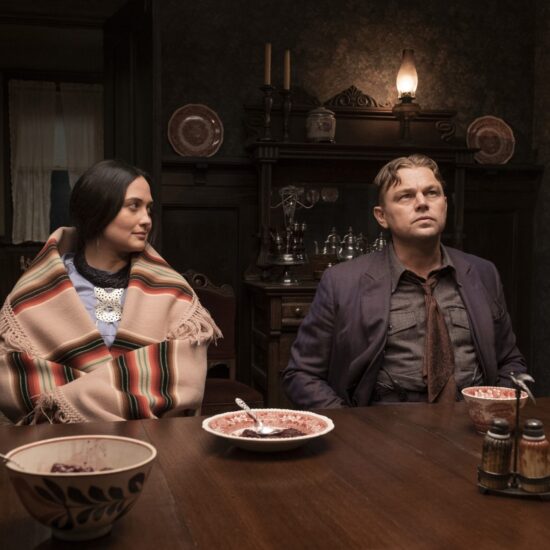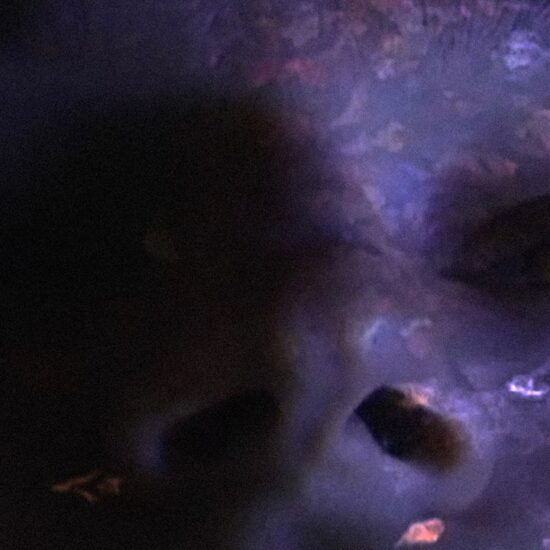

Rooted in fascinating real-life events, the 1970-set drama I’m Charlie Walker is several things at once, including a wasted showcase for the considerable charisma of Mike Colter, and definitely a lesson on the perils of a biographical movie’s subject also serving as a producer on the project. Most of all, though, it is a bewildering misfire which roundly illustrates the differences between a historically under-told story which arguably should be amplified and a movie that actually does a good job of accomplishing that task.
The end result, lacking in just about every measure, leaves one actively vexed more than merely unsatisfied—angry both over what the film could have been, and the reality of the mess that it is. The latter element is worth foregrounding a bit more, because I’m Charlie Walker, written and directed by Patrick Gilles, opens with a title card which reads, “Based on a true story.” It closes, however, with a half dozen codas at the top of its end credits, the very first of which states, “All characters and events in this film, even those based on real individuals, are completely fictional.” The confounding nature of those contradictory claims encapsulates the unique frustrations of this movie, singular in its commingled shortcomings and self-negation.
This much is true: In January 1971, two oil tankers collided in San Francisco Bay, resulting in a spill of more than 800,000 gallons of crude oil. This disaster outraged the city’s citizens, and would eventually lead to the formation of International Bird Rescue and other environmental advocacy nonprofit groups. The responsible companies, fictionalized here as Tower Oil, loosened their purse strings for clean-up assistance, which in turn opened up lucrative freelance work for truckers who could haul away contaminated sand.
It is against this backdrop that Charlie Walker (Colter), who shares three young daughters with wife Ann (Safiya Fredericks), takes a swing at occupational self-betterment. Fed up with the bigotry freezing him out from obtaining local contracts, Walker exercises his entrepreneurial instinct and hustles to put himself in position to secure an assignment. And in the wake of the disaster, Tower Oil’s president, Mr. Bennett (Dylan Baker), and his second-in-command Mr. Sharpe (Mark Leslie Ford), don’t seem overly focused on race.
Grudgingly bequeathed Stinson Beach, an area certain contractors deem too small, Walker makes nice with hippie volunteers, and comes up with the ingenious idea to deploy unused paddle-scrapers to skim oil from the top of water before it fully reaches the beach. As his public profile grows in stature with success compared to his white peers, though, so too does Walker’s exposure to those who would seek to undercut or take advantage of him, and not remunerate him at the agreed-upon rate.
One sign of the movie’s failure can be found in its scant 79-minute running time, which feels far less like a model of economy than just a fundamental confirmation of unrealized storytelling prowess. Brevity can certainly be a virtue, but I’m Charlie Walker’s premise is a rich, complex tale told in both hacked-down and hackneyed fashion.
Colter cuts a generally appealing figure, and keeps trying to impress the force of his likable personality on the movie. He’s most matched in watchability by Baker, a consummate professional who understands the assignment of his character’s two-faced duplicitousness. (Monica Barbaro, fresh off Top Gun: Maverick, also does a good job in a small but important two-scene role.) Colter is consistently let down, however, by both other onscreen collaborators as well as the script.
Walker is a “family man” whose family is only used as a prop in three scenes (he necessarily moves away from them to spearhead the oil clean-up, but their integration is fumbled), and Gilles meanwhile paints his supporting characters with such broad strokes as to render them risible, unknowable, or some combination of the two. Only in an eight-minute stretch near its conclusion does the movie really crackle with any multi-layered energy and sophistication.
This penultimate segment in large part attempts to reframe I’m Charlie Walker as essentially a social-justice heist film, and its subject as a type of righteous Danny Ocean, striking a mighty blow against institutional racism. Making his play with a wide smile, Walker delivers a monologue laying into Bennett’s privilege, pointedly telling him, “People like you inherit your lives, your wealth, your good fortune—you grew up knowing your only job is not to fuck up what generations before you had.”
It’s a nice, cathartic moment—wonderfully delivered by Colter—which finally reveals the (potential) full dynamic range of this character. The problem is there is no other meat of this type on the bone, narratively speaking. The act itself isn’t unexpected, or presented as a wild twist; it’s been seeded, and viewers know Walker to be taking measures to protect his interests. But while he is shown throughout the movie to be resourceful and intelligent, Gilles lacks either the foresight or skill to show Walker as crafty and multi-dimensional as he truly is. Neither does the movie, apart from a laughable throwaway line (“We lose this house in February if you don’t find work”), bother to fully emotionally invest in Walker’s socioeconomic pain in a way which would elevate its domestic stakes.
These facts, taken in sum with some information from those aforementioned codas (notably, that Walker was convicted of 23 felonies for violating laws related to city contract bids, and served several years in prison in the 1980s, even though 17 of those charges were later reversed on appeal), combine to create the distinct impression of “Charlie Walker” as both a phantom and a fraud—a character untethered to any particular reality, either genuine or fictionally constructed. Gilles inadvertently confirms this through sporadic voiceover narration from the perspective of Ann, who isn’t present for the overwhelming majority of the events shown.
The low-budget film’s technical package is scarcely any better. Cinematographer Bill Holshevnikoff perhaps deserves a bit of a pass for flat compositions, but Gilles, whose only other feature experience is a shared writing and directing credit on the 2011 curio Olive, shows little to no visual imagination, nor flair for staging. He also indulges an enormously wrongheaded score by Adam Lindquist, the nadir of which comes during a scene in which the ostensible perils of an interrupted home break-in are undercut by music which sounds like it’s from an insurance commercial.
I’m Charlie Walker is obviously a passion project of sorts, and a movie with considerable local ties to the community in which it is set (there’s even a cameo from former San Francisco mayor Willie Brown, who appears as a chatty cab driver). Those qualities count for something in independent film, but they do not at all translate to onscreen success when those telling the story haven’t even figured out what tale they’re actually telling beyond that of mere representation of a historically marginalized group.













